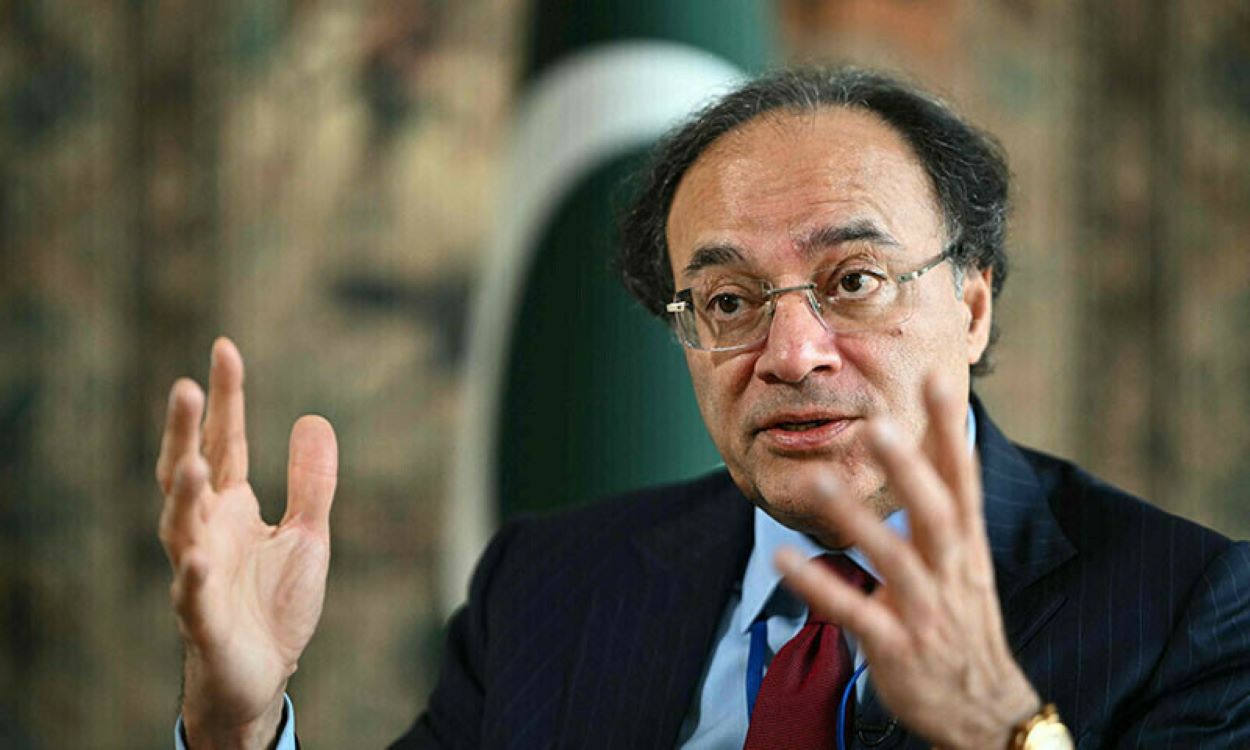Pakistan faces significant economic losses daily, totalling approximately Rs190 billion, primarily due to opposition-led protests or government decisions to close key transport routes.
The most extensive government-imposed lockdown disrupted life and business in Punjab, K-P, and Islamabad on Saturday. Authorities closed all motorways and highways 48 hours before the Pakistan Tehreek-e-Insaf’s protest march, citing “repair work” as the reason. Information Minister Attaullah Tarar warned that bureaucrats involved in political agitation would face strict consequences.
The Ministry of Finance reported that the October disruptions prompted by the PTI would have long-term adverse effects on the socio-economic and political landscape. The unrest, often due to government actions rather than the PTI’s protests, harms investment and disrupts essential services like transportation and healthcare.
These shutdowns significantly affect daily activities, hardening production, consumption, and wage earners. The Ministry estimates a loss of about Rs189 billion daily or 0.6% of the quarterly GDP. This figure includes Rs144 billion from GDP, Rs16 billion from reduced exports, and Rs26 billion in lost tax revenue from the Federal Board of Revenue (FBR), with an additional daily loss of Rs3 billion from decreased foreign direct investment.
The report excludes revenue losses from motorways and highways, projecting a 3.6% GDP growth this fiscal year but noting significant sectoral losses due to the agitation. It anticipates a daily GDP of Rs198 billion instead of Rs342 billion.
The report adds that supply chain disruptions affect industrial production, exports, and domestic production. It predicts that 65% of export activities will be compromised, leading to a daily loss of $57.9 million, or Rs16 billion.
Moreover, the situation will likely increase federal expenditures, reduce FBR tax collections, and widen the fiscal deficit. In August 2024, foreign direct investment inflows were $296.4 million, with a daily loss estimated at $9.6 million, or Rs2.6 billion.






